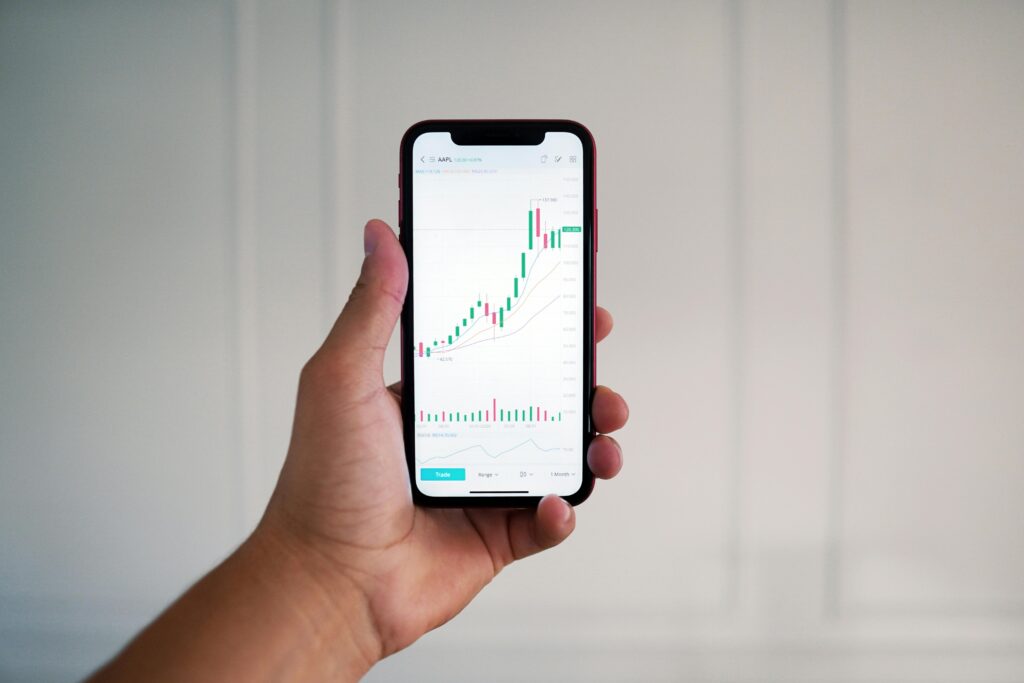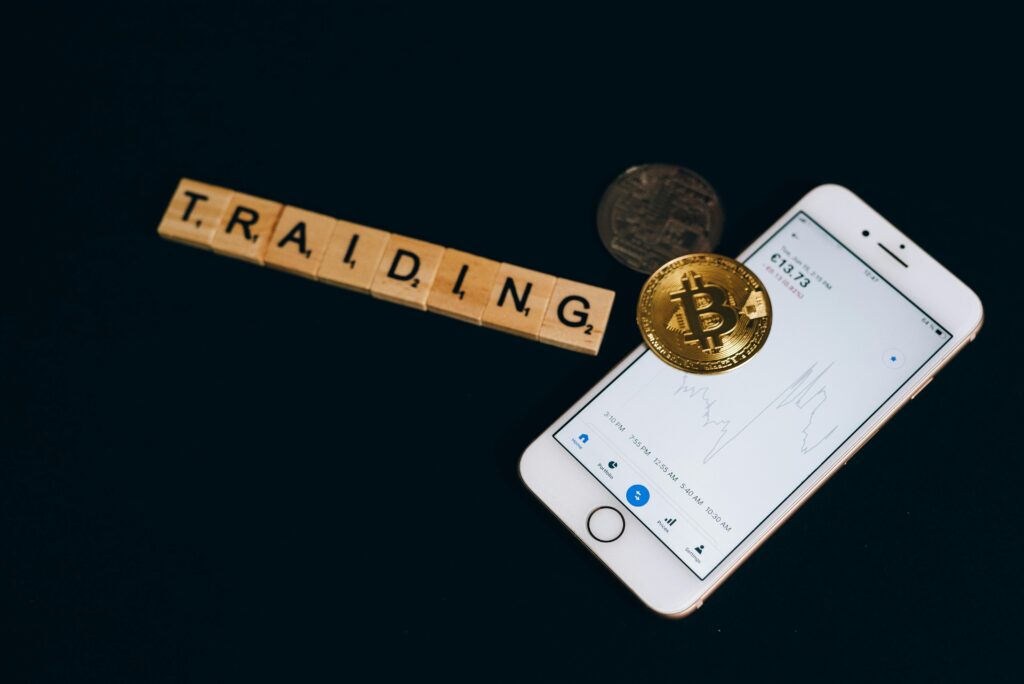It is important to comprehend margin calls in forex trading, where gains or losses can happen momentarily. Understanding the technical aspects of margin calls is important for traders of all experience levels, as it may make the difference between success and failure in the volatile forex market.
A Margin Call: What Is It?
A margin call, put, is when a broker asks a trader for extra money to cover any losses on an open deal. It happens when a trader’s account capital drops below the required margin level the minimum amount of money needed to keep open positions. To lower the risk of more losses, brokers usually issue a margin call when this occurs, encouraging traders to either add more money to their accounts or cancel some of their bets.

Effective Margin Call Management
If not handled correctly, margin calls can cause significant losses and discomfort. The following advice can help you handle margin calls more skillfully:
Decide on Reasonable Leverage Levels:
Leverage can improve profits but also raise the possibility of margin calls. Remain careful and limit leverage to levels that correspond to your risk tolerance. Avoid excessive leverage.
Keep an eye on your positions:
Pay particular attention to your account balance and open positions. Set up orders with stops to limit the possibility of losses, and make sure your trading plan is still successful by reviewing it regularly.
Maintain a Sufficient Margin:
Make sure your account has enough margin on hand to cover any losses. You should also have enough money to withstand market volatility and avoid overleveraging.
Remain Up to Date:
Stay updated with market changes, economic indicators, and geopolitical events that may affect your trading. By being aware of probable market moving events, you can lower the danger of margin calls and make better trading decisions.
Maintain an Emergency Plan:
Have an organized strategy of action in place in case of a margin call. Before the call, decide whether to close your positions, deposit extra money, or do both to meet the margin requirements.

The Development of Forex Margin Trading
The origins of margin trading can be traced back to the early stages of the financial markets. Using their current investments as a guarantee, investors can borrow money from a broker through margin trading in conventional finance to buy securities. This technique could increase investors profits and enable them to buy more with their money. Similarly, margin trading in the forex market enables traders to manage holdings significantly more than their initial capital.
With the introduction of automated trading platforms and the growth of online brokers, margin trading in forex became increasingly popular. These platforms made the forex market, which wealthy individuals and significant financial organizations formerly controlled, available to retail traders. With a mouse click, individual traders may leverage their funds and participate in the world’s largest and most liquid financial market.
Knowing Margin and Leverage
The core concept of currency exchange margin trading is leverage. Traders can manage holdings larger than their account balance by taking out funding from their broker.
Leverage can improve profits but also raise the possibility of losing money. Here is where margin becomes essential. The sum of money a trader must deposit with their broker to start and keep a leveraged position open is known as the margin. It protects the broker against any losses that the trader might sustain.
The Function of Call Margin
In the forex market, margin calls are a safety net for brokers and traders. Brokers issue a margin call when an account’s ownership drops below a certain level. The trader is then prompted to meet the margin requirements by closing some positions or making additional deposits into their account.
The purpose of margin calls is to prevent traders from losing more money than they have available in their accounts. Margin calls protect the trader and the broker from default by demanding extra funds or position closures, helping reduce the chance of catastrophic losses.
A: What Sets Off a Margin Call
Changes in the Market:
A margin call may be essential if the value of the securities in your account decreases significantly. In this scenario, your account’s equity would have been reduced.
Elevated Volatility
The value of your securities might fluctuate quickly in volatile markets, raising the possibility of a margin call.
Utilization:
High leverage increases profits as well as losses. Changes in the market might have a big impact on your equity in a leveraged account and result in a margin call.
The Viewpoint of the Broker
A margin call, as seen from the broker’s perspective, is a risk management technique intended to reduce the possibility of loss from the falling value of securities held on margin. By making sure the account holder has enough collateral, the broker is basically protecting their borrowed cash when they issue a margin call.
B: The Repercussions of Missing a Margin Call
Serious repercussions may follow from declining to answer a margin call, including:
Liquidation under duress:
To make up the difference in margin, the broker could sell all or some of the securities in your account.
Extra Charges:
The broker may charge you extra fees and interest if you ignore a margin call.
C: Handling Calls for Margin
In order to manage margin calls effectively, one must:
Frequent Observation:
Pay particular attention to the market value of your securities and the balance in your account.
Creating Alerts:
To be informed when your equity becomes close to the minimum margin requirement, use account notifications.
Increasing variety:
To lessen the negative effects of volatile markets on your account, diversify your investments.
Moderate Leverage:
In order to prevent large losses during market downturns, use leverage carefully.
Some Advice on Handling Margin Calls
Effectively handling margin calls is important for any forex trader who wants to reduce risk and protect capital. The following advice will help you in handling margin calls:

Recognize the Margin Requirements Set by Your Broker:
Understanding the policies and procedures of the broker you selected is essential because different brokers have different margin needs. Please make sure you are aware of their margin call policies and that you know exactly when and how margin calls are made.
Keep an eye on your account balance:
Pay particular attention to your equity levels and account balance. You can program alerts or reminders to alert you when your equity drops below a predetermined level, perhaps signaling a margin call.
Employ Stop-Loss Directives:
Use stop loss orders to reduce the money you could lose on a deal. By doing this, you can assist avoid margin calls by defining your risk in advance and right away exiting losing positions if they move against you.
Increase Portfolio Diversification:
Refrain from becoming overly invested in a particular asset class or currency arrangement. Diversify your portfolio to disperse risk across several trades and lessen the effect of unfavorable market fluctuations on your account equity.
Remain Up to Date:
Keep yourself informed on developments in geopolitics, economic data releases, and the market that could affect currency pricing. You can lower the chance of margin calls and make more intelligent trading decisions by keeping up to date with market movements.

Conclusion
Margin calls are necessary for forex trading, and anyone hoping to succeed in the markets must comprehend how they operate. Maintaining a sufficient amount of margin, following to appropriate risk management practices, and being up to date with market movements will help you handle requests for margin successfully and lower the chance of suffering large losses. Extensive success in forex trading is mostly dependent on smart risk management.